Natural Antidepressants: Seeds, Herbs and Vegetables
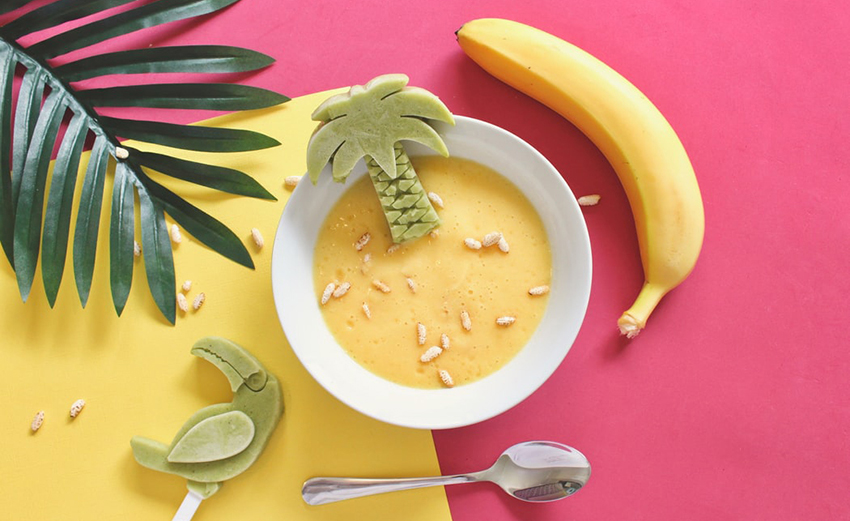
For many of us, fall is sometimes a time for depression and seasonal blues, so The Fashiongton Post decided to compile an antidepressant menu that will help you to fight this internal state, as well as have a positive effect on your skin, hair and overall well-being.
Certain natural foods can be helpful in fighting fall depression and become a healthy substitute for synthetic antidepressants. The first step is to remove sugar from your diet. Sweets increase depression and anxiety, as well as exacerbate obsessive-compulsive and eating disorders. Simultaneously with the removal of sweets, experts recommend adding to your antidepressant menu the products necessary to “nourish” the brain and the production of neurotransmitters necessary for the body: gamma-aminobutyric acid, serotonin and dopamine. Once you remove the sugar and add brain-friendly foods to your diet, depression symptoms are relieved within two weeks. Here are our seven antidepressant foods that promote brain health as great as antidepressant drugs.
1. Chia seeds
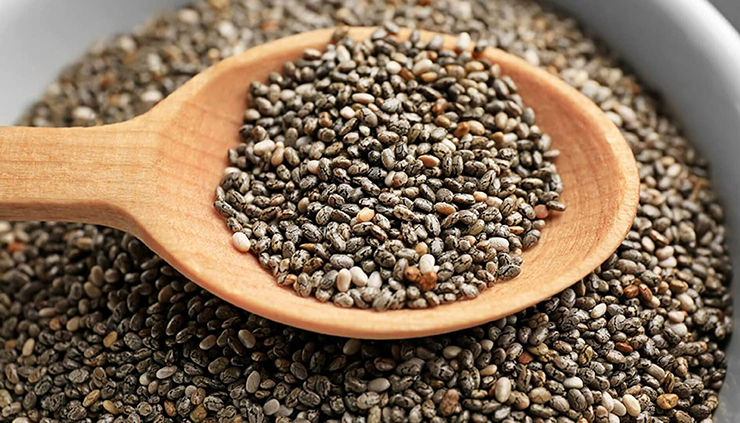
Chia seeds contain amino acids, iron and B vitamins, which are essential for healthy brain function, so this product is a must in an antidepressant diet. These seeds are rich in protein, so they have a good effect on the neurotransmitter function of the brain and the production of serotonin. Finally, chia seeds are a great source of omega-3 and fiber. Omega-3 fatty acids help to reduce depression, anxiety and regulate blood sugar levels.
2. Sweet potato (batata)
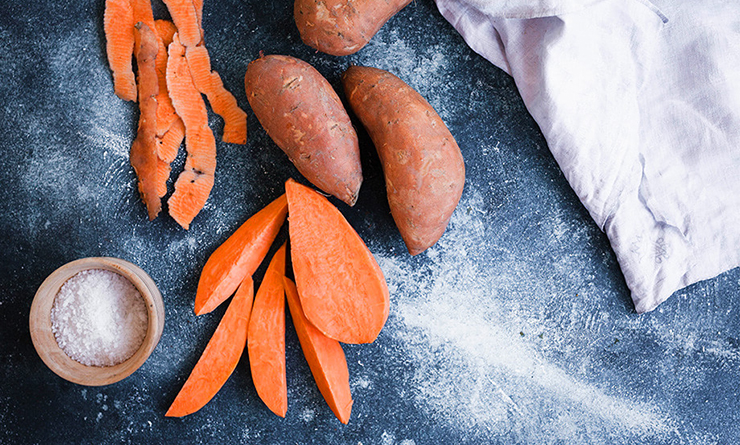
A fantastic carbohydrate containing the amino acid L-tryptophan, directly linked to the prevention of depression and anxiety. Sweet potatoes lower blood sugar and contain vitamin B6, a natural antidepressant. Many people suffering from depression have critically low levels of B vitamins in their bodies, so adding the products containing B vitamins into the antidepressant menu is a simple and quick solution to replenish the balance. Sweet potatoes are high in magnesium and potassium, which help to lower cortisol levels and high blood pressure that increases during stress.
3. Avocado
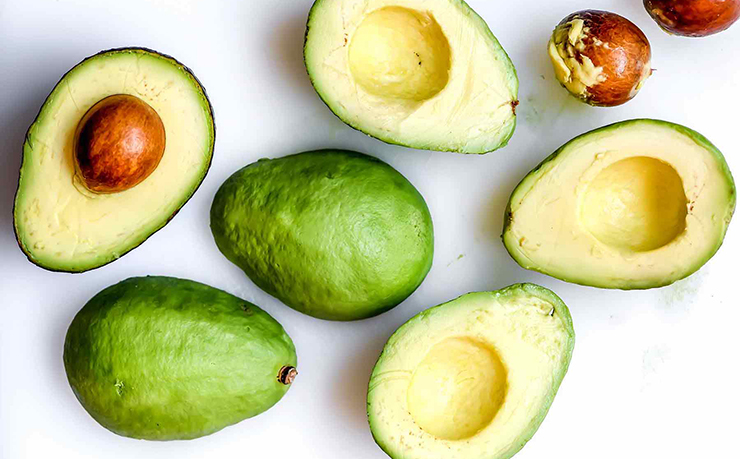
Avocados are a great source of healthy fats for brain function, as well as they contain monounsaturated fats which are linked to heart health. Avocados are rich in magnesium, potassium, omega-3 and B vitamins. All these nutrients can help to reduce stress, anxiety, and promote overall healthy brain function.
4. Flax seeds
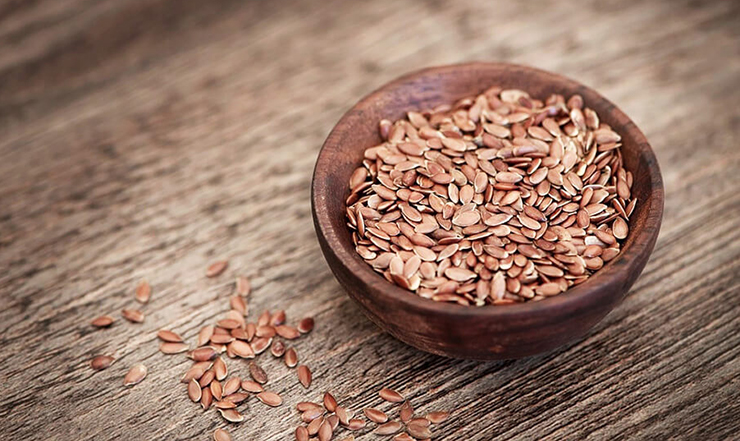
One of the best sources of omega-3 and alpha linolenic acid. Flax is rich in fiber to lower sugar levels and normalize blood pressure. Flax seeds have a delicious nutty flavor and can be added to anything from salads to healthy fruit and berry desserts in your antidepressant diet.
5. Broccoli
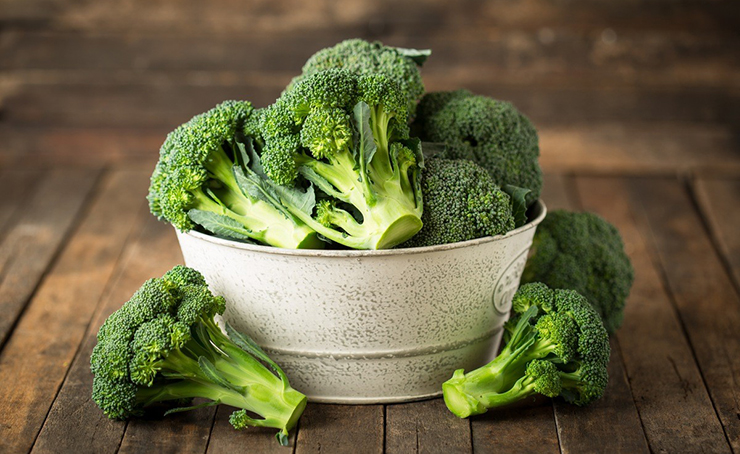
This vegetable is especially valuable in the treatment of depression as it helps to stimulate the brain. Broccoli is a good source of vitamin B6, protein, and calcium, which contribute to relaxation and a good mood. Broccoli can help to reduce anxiety, insomnia, and sugar cravings. It can also be added to salads and smoothies.
6. Quinoa
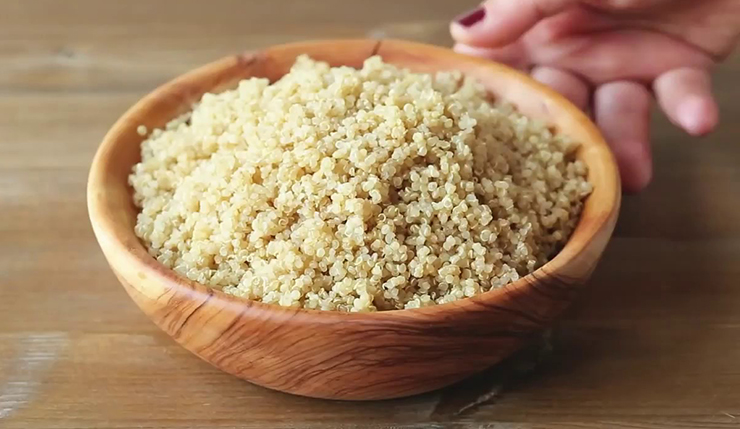
Quinoa is a great gluten-free alternative to couscous and is even more nutritious. The high mineral content of quinoa plays an important role in the production of serotonin, gamma-aminobutyric acid and melatonin, which helps us to sleep better. The natural carbohydrates of quinoa are released very slowly, which maintains a healthy blood sugar balance and gives you a long-lasting positive attitude.
7. Walnut
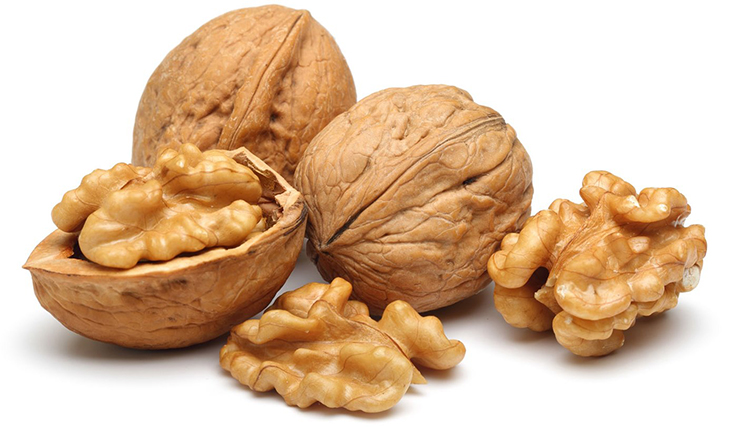
The only nut that contains enough omega-3 fatty acids and magnesium. Walnuts help our body to produce natural melatonin and fight insomnia, which is one of the symptoms of depression. They also reduce sugar cravings — just eat 1/4 cup of walnuts as soon as you feel the urge for iced donuts.

